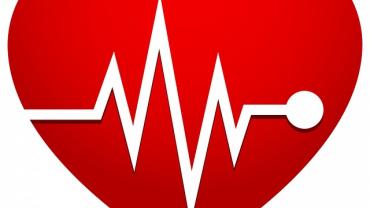
As most of you know February is American Heart Month and during this month we see a great deal of public attention placed on cholesterol levels and cardiovascular disease. The current widely-held belief of the general public is that cholesterol reduction with statins decreases atherosclerosis. However there is an interesting article just published February 6 2015 in the Expert Review of Clinical Pharmacology showing that statins actually stimulate atherosclerosis and heart failure.
This new study validates the theory that statins may be causative in coronary artery calcification and can be toxic to the mitochondria impairing muscle function in the heart and blood vessels through the depletion of CoQ10 and heme A and consequently ATP generation. The study demonstrated that statins inhibit the synthesis of vitamin K2 which is an important cofactor for matrix Gla-protein activation. This is responsible for the protection of the arteries from calcification. In addition statins inhibit the biosynthesis of selenium-containing proteins such as glutathione peroxidase that suppresses peroxidative stress. An impairment of selenoprotein biosynthesis may be a contributing factor in congestive heart failure similar to cardiomyopathies seen with selenium deficiency. The epidemic of heart failure and atherosclerosis therefore may paradoxically be aggravated by the prevalent use of statin medication. The researchers propose that the current statin treatment guidelines be seriously reevaluated.
Heart disease is the leading cause of death in the United States yet in many instances it may be prevented when individuals make healthy dietary and lifestyle choices.
Nutrients that help support cardiovascular health and lipid levels: